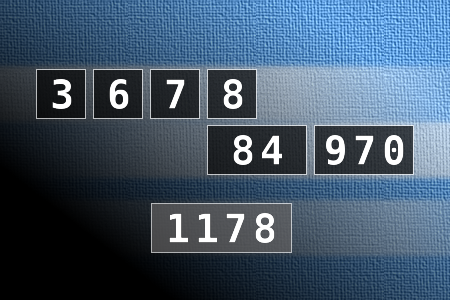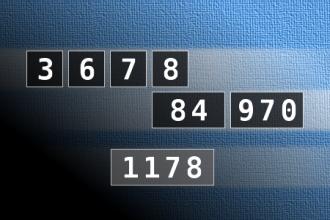Calculate the number 1178
NUMBERMANIA: Calculate the number 1178 using numbers [3, 6, 7, 8, 84, 970] and basic arithmetic operations (+, -, *, /). Each of the numbers can be used only once.
Friday Funnies: 11 Jokes to Start Your Weekend Right
How do they sleep at night?
I was surprised to learn I weigh zero milligrams.
I was like 0mg!
I was annoyed when my wife gave me a coffin for my birthday.
I said, “this is the last thing that I need.“
Went to the beach and fed the birds cannabis laced cake. They seemed to like it…
I left no tern unstoned!
A spider asked a human, "Why are you afraid of me?"
Human: "Well, all the reasons I had have been replaced by the fact that you can talk."
Just saw three people jogging outside my window, and it inspired me...
To get up and close the curtains. That's enough interaction with people today!
If I had to rate our solar system
I'd give it one star
There are 2 words that have opened a lot of doors for me in my life. ..
Push and Pull!
Me: "Dad, do you know where I can get a Greek sandwich?"
Dad: "I don't know. Let me look through my gyroscope."
I have a lot of respect for giraffes.
They're an animal you can really look up to.
The boss looks over the gentleman's resume and says "Wow, I'm impressed.
It seems like you've got everything needed for the job.
But there's a 4 year gap in here.
What happened there?"
The gentleman responds
"Oh, that's when I went to Yale."
The boss is now super impressed and hires the man on the spot
. The man immediately calls his wife
. "Hey honey, I got the yob!"

